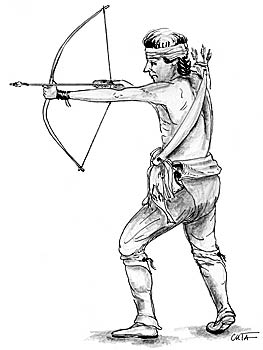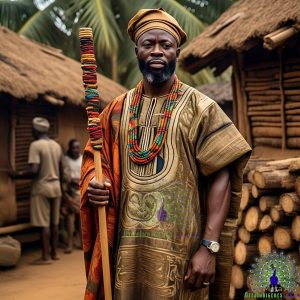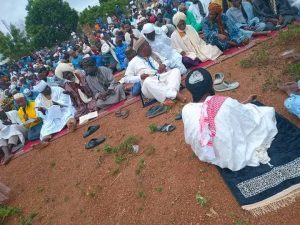Yoruba town names hold a deep cultural and historical significance, often reflecting the circumstances of their founding. These names are not just identifiers but narrate the story of their origin, the idols worshipped, and the people who established them. This post delves into the intriguing history behind the town of Offa, highlighting its connection to Yoruba heritage and the legendary figure, Olalomi.
The Significance of Yoruba Town Names
Yoruba names of towns and villages are rich in meaning and history. They often reveal:
- The Founders: Many town names reflect the names or titles of their founders.
- Worship Practices: Names can indicate the types of idols or gods worshipped at the time.
- Cultural Identity: Even as times change, the names remain a crucial part of cultural identity, echoing the past and ancestral origins.
This cultural practice ensures that the history and heritage of the Yoruba people are preserved and celebrated through generations.
The Origin of Offa
The Story of Olalomi
Offa, a prominent town in Yoruba land, traces its name back to an Oyo prince named Olalomi, son of the Alaafin Oranmiyan. From birth, Olalomi showed remarkable skill and dexterity in using bows and arrows. In the Yoruba language, “Ofa” means arrow, a tool essential for hunting and warfare.
Olalomi’s Legacy
Olalomi became famously known as Olofa, which means “a person who owns an arrow.” His reputation as a skilled marksman grew, and he was often seen with his arrow conspicuously displayed on his shoulder. This image of Olofa gangan, or “Olofa the marksman,” was deeply etched in the minds of those who knew him.
The Expedition and Naming of Offa
Olalomi embarked on a hunting expedition to a virgin land, which he later named Offa. To distinguish the town from “Ofa,” the weapon, the name Offa was written with a double “ff.” Thus, Offa stands for the place of abode, while “Ofa” refers to the weapon.
The Role of Olofa
Olofa, deriving from Olalomi’s name, is the authentic custodian of the settlement called Offa. His mastery of the weapon and his legacy as a hunter and warrior are reflected in the town’s name. Offa thus embodies both the literal and metaphorical significance tied to its founder.
Cultural and Historical Context
Idols and Worship
In Yoruba culture, the names of places and people were often linked to the idols worshipped. These names provided a simple yet profound means of identification, reflecting the religious practices of the time. Even today, devout Muslims and Christians in the region might bear names that hint at their ancestral origins.
Preservation of Heritage
The story of Offa is a testament to the Yoruba people’s commitment to preserving their heritage. By maintaining these names and their associated stories, they keep their history alive and pass it on to future generations.
The names of Yoruba towns and villages are more than just identifiers; they are narratives of history, culture, and legacy. The story of Offa, from its founder Olalomi to its name, is a vivid example of how these names preserve and reflect the Yoruba heritage. Understanding these names gives us a deeper appreciation of the rich cultural tapestry of the Yoruba people.























